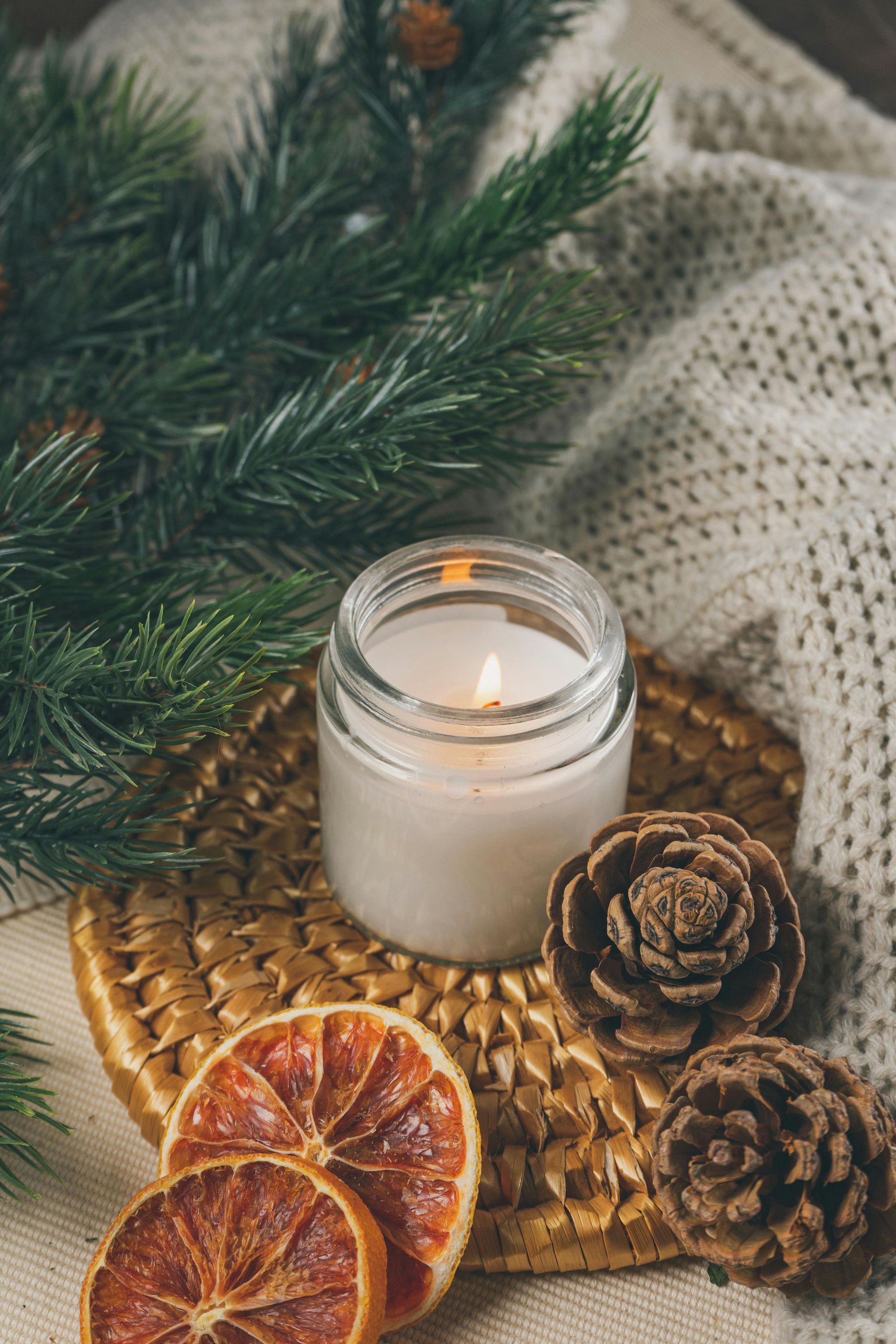Breathe In Calm With These Soul-Soothing Scents
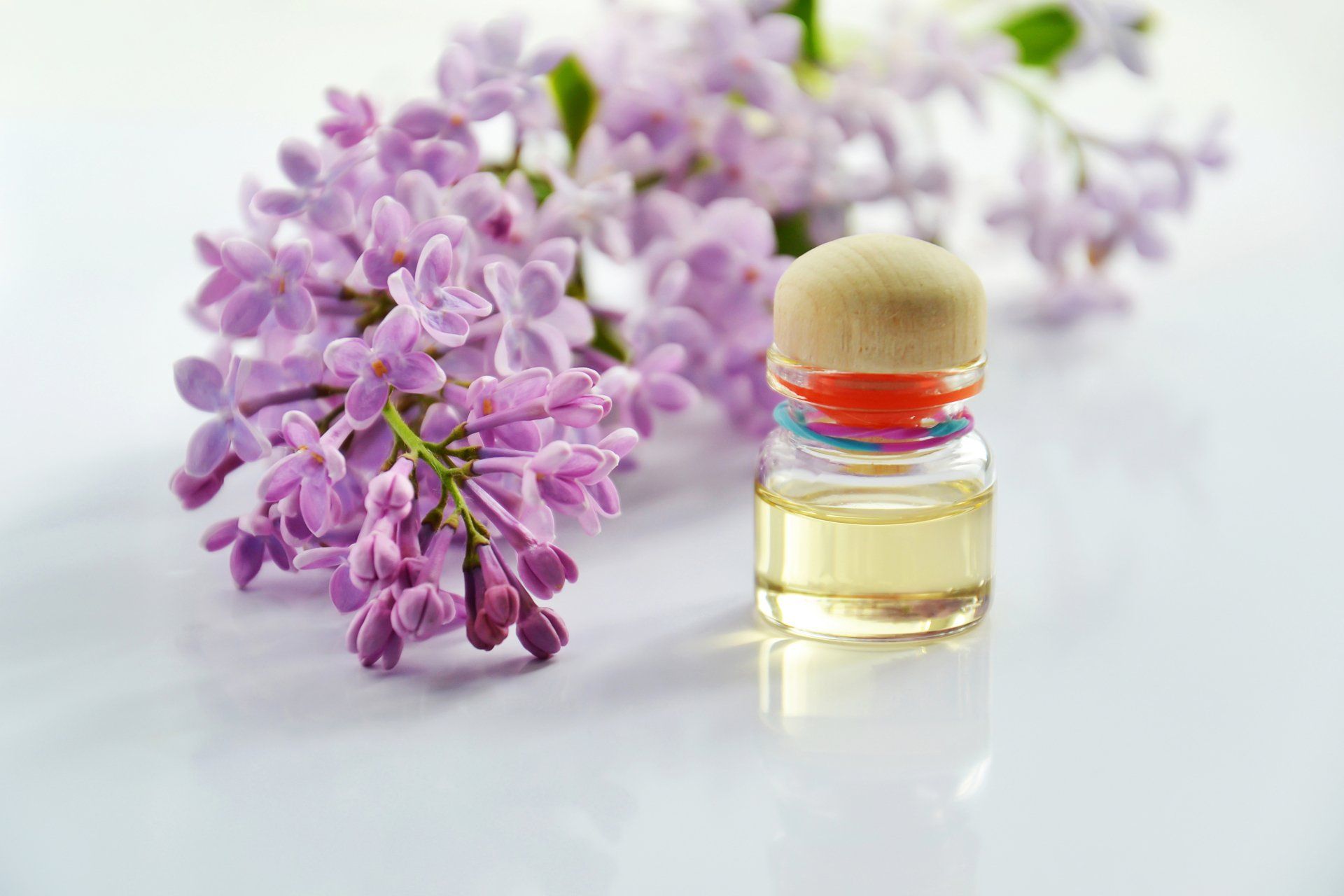
Scent is a powerful conductor of emotions. Some aromas can transport you to past experiences, and others can make you pause and savour a brief moment of pleasure. It might be the first scent of newly cut grass after a long winter, with the promise of warmer days. It could be the delicious aroma of baked bread that gets you every time or the intense richness of freshly ground coffee. For me, each time I smell lemongrass, it takes me back to one of my favourite holiday destinations, where a light citrusy fragrance infused the air.
Smell and memory are interlinked thanks to the brain's olfactory bulbs, which send scents on a direct path to the amygdala and hippocampus, the areas responsible for emotions and memory. Aromatherapy also accesses these paths, and advocates of the practice have accredited the use of essential oils with various therapeutic benefits.
So, what to do when you need a pick-me-up after a stressful day? You're out of coffee beans, and baking bread or mowing the lawn is the last thing you want to do. Jetting off to your favourite holiday spot might be a lovely idea, but it's unrealistic.
Try these soul-soothing scents to help you breathe in some calm.
Lavender

Though a staple plant in the English cottage or Mediterranean garden, lavender is not just an attractive horticultural addition. These purple flowers, with their flowery scent evocative of sunshine-filled summers, have been celebrated since ancient times. Roman and Greek cultures were aware of the plant's purifying properties, and lavender oil continues to be popular in aromatherapy.
Lavender is said to have a calming effect, and there are suggestions that using this oil in aromatherapy could assist in improving mild and moderate depression.
Self-Care Suggestions:
Lavender is also said to help with sleep. Try using one of the many lavender-infused pillow sprays available to help you drift off.
Create a spa experience in your bathtub. Mix a couple of drops of lavender oil with a carrier oil such as coconut, jojoba, or sweet almond and swirl the mixture into a bath for a relaxing soak.
Caution: always combine essential oils with a carrier oil. Essential oils will not mix with water on their own, and these undiluted oils may come into contact with your skin and potentially cause irritation.
Ylang Ylang
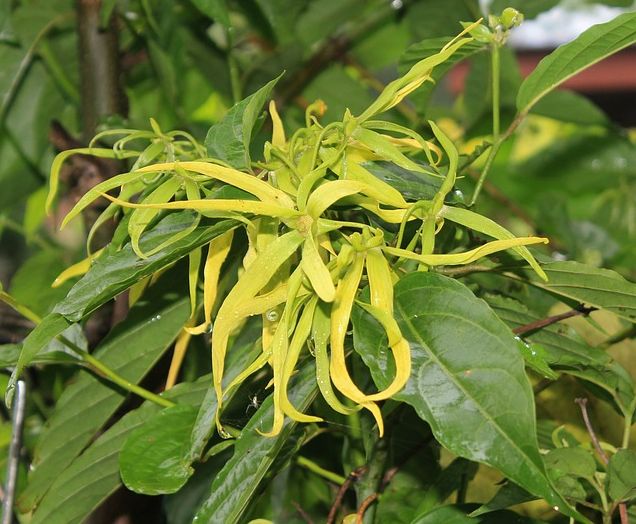
Grown in areas of Southeast Asia, ylang ylang essential oil is from the sweetly scented yellow flowers on this tropical tree. It's a fragrance seeped in romance and is considered by some to be an aphrodisiac.
Ylang ylang is a common ingredient in many beauty products, so why not include this essential oil as part of a relaxing pampering routine?
Research indicates using ylang ylang as an aromatherapy oil could be beneficial in helping reduce heart rate and blood pressure. Participants of this study also noted feeling more relaxed.
Self-Care Suggestion:
Transform your mundane morning shower into an uplifting, aromatic experience. Putting a couple of drops of ylang ylang oil onto a wall in the shower enclosure will allow the scent to infuse with the steam. Breathe in a moment of calm before starting your day.
Bergamot
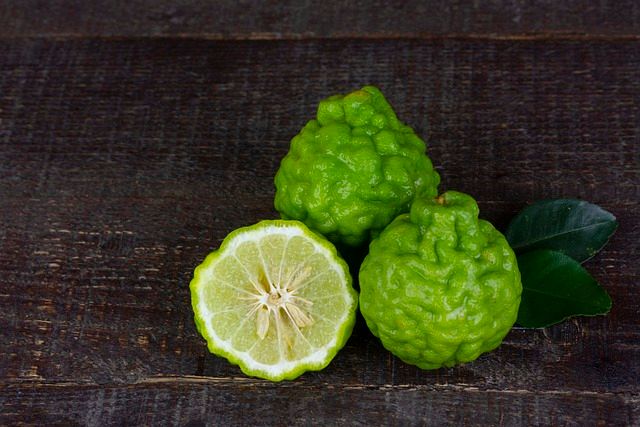
Bergamot is a bitter-tasting citrus fruit and known as being an ingredient in Earl Grey tea.
The essential oil gets extracted from the peel, and its heady perfume and soothing properties make it a favourite in aromatherapy. Inhaling bergamot is thought to have a positive effect on emotional wellbeing.
Self-Care Suggestion:
Bergamot can be troublesome to use if you have sensitive skin or you're going to be outside in the sun. If your skin is prone to irritation, you can still enjoy bergamot's benefits by opting for a bergamot-scented candle or reed diffuser.
Lemongrass
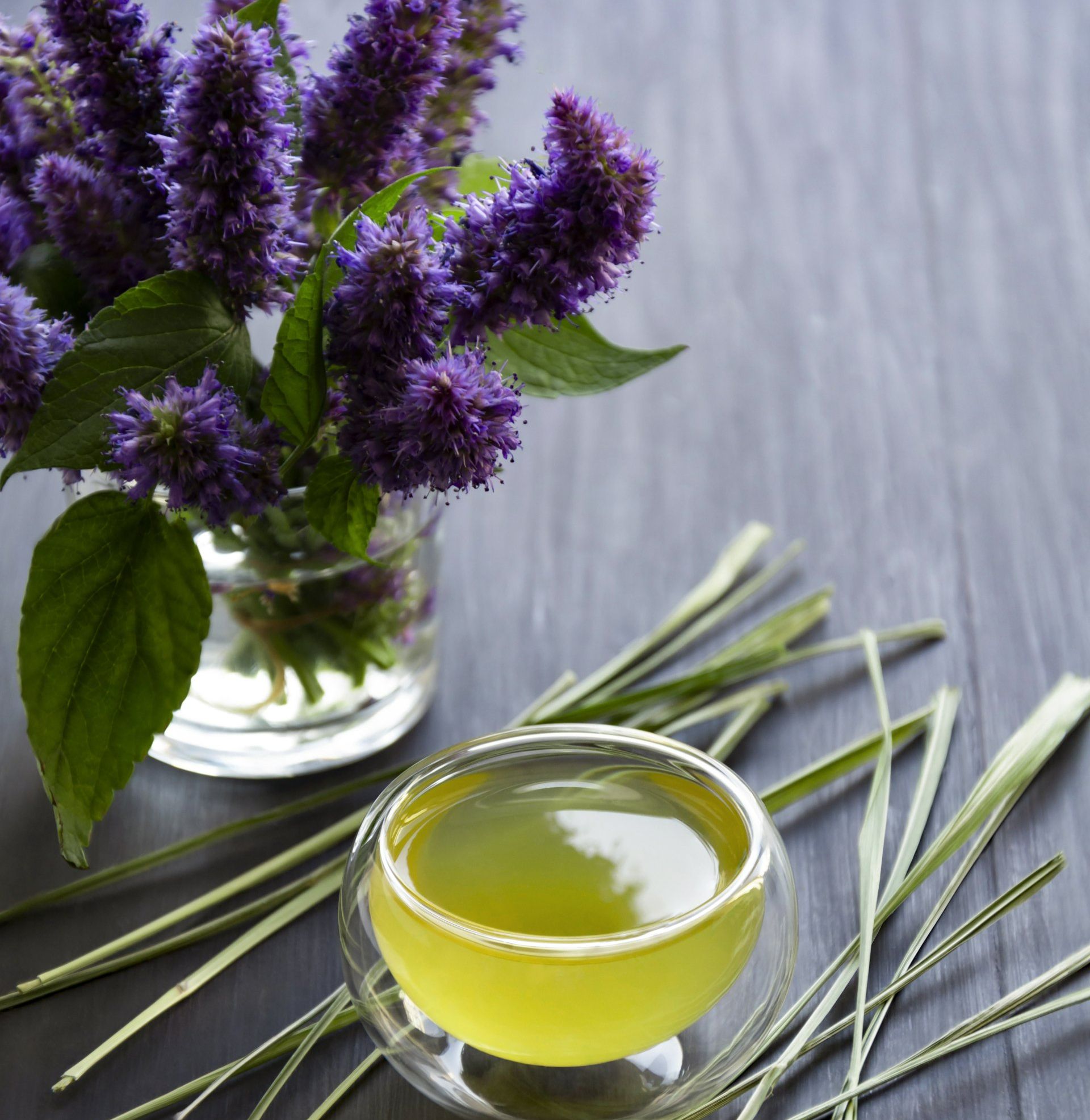
Lemongrass is an ingredient widely used in Thai, Indian and Chinese cooking. Lemongrass oil derives from the leaves of this plant. The name gives a hint to the fresh aroma it releases. In addition to its antifungal and antibacterial properties, it may also reduce stress and anxiety.
One study demonstrated the potential of lemongrass essential oil to help children feel less anxious about visiting the dentist. Placing a candle warmer infused with lemongrass oil in the waiting room help reduce anxiety among the children.
Self-Care Suggestion:
Create a relaxing ambience in your home with a DIY room freshener. Homemade room fragrances are more natural than the artificial ingredients found in many manufactured products, plus you can play around with combinations to create your perfect scent. Here's an example to get you started:
- Put 25 drops of lavender and 15 drops of lemongrass oil into a 225ml glassy spray bottle
- Add 2 tablespoons of vodka or rubbing alcohol (this helps to blend the ingredients)
- Fill the rest of the bottle with water (filtered if possible)
- Shake well, spray and enjoy the fresh sherbert-like fragrance
Chamomile
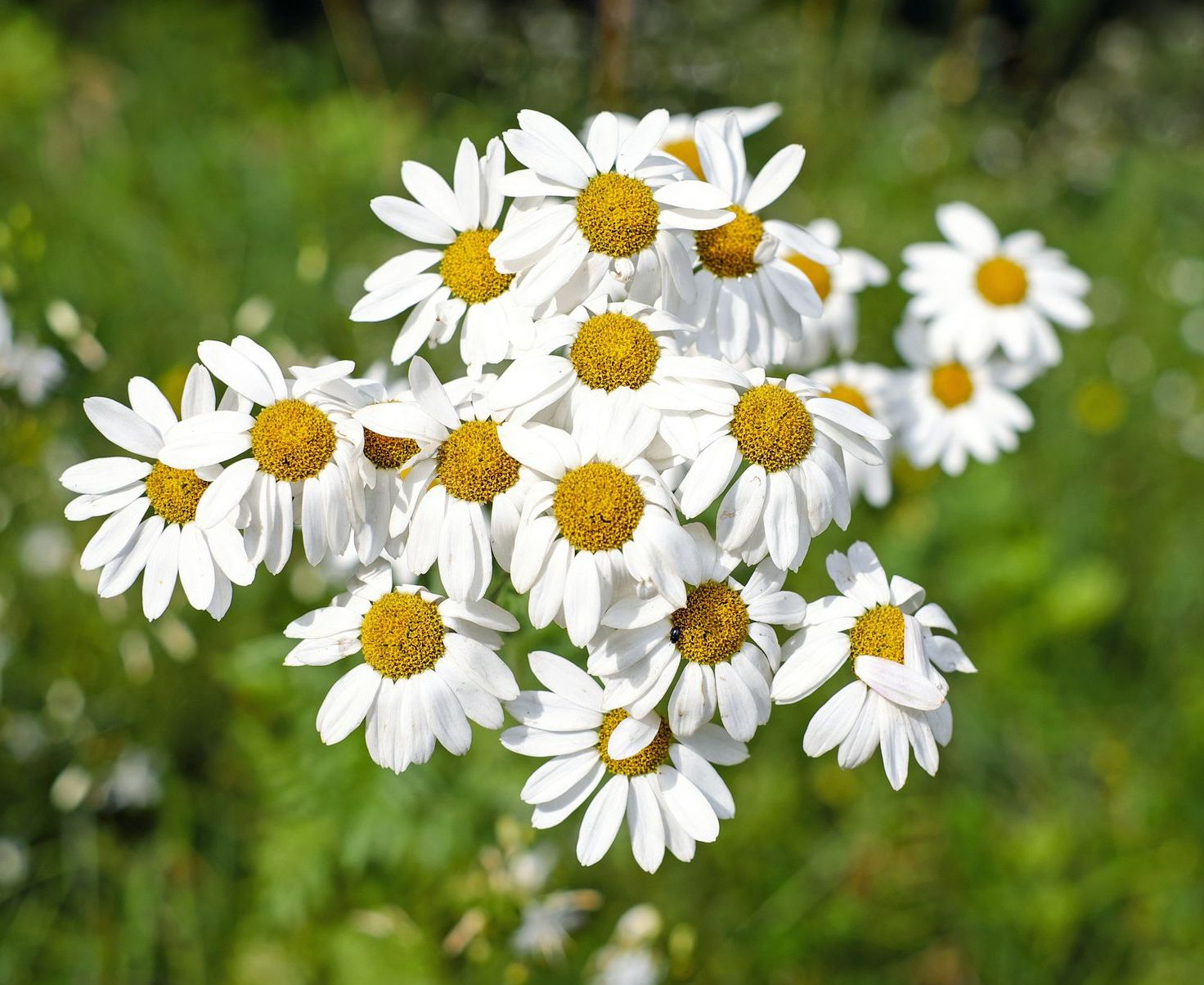
You may know about drinking chamomile tea to relax or help you get off to sleep. Chamomile tea uses the plant's daisy-like flowers rather than oil to create the brew. But what if this herbal remedy isn't your cup of tea?
Chamomile essential oil is not for consumption but offers therapeutic benefits when used in aromatherapy. It is said to help with anxiety and stress.
Self-Care Suggestion:
Enjoy the aromatic effects of chamomile in an oil diffuser. Combine the essential oil with a carrier oil of your choice and allow the scent to perforate, creating an air of tranquillity.
Essential Oils in Essence
The relationship between fragrance and our brains allows powerful associations and memories. Scent can trigger positive emotions and encourage a calming effect in our bodies and state of mind. Aromatherapy uses this connection and utilises the various properties found in essential oils to help achieve this.
Using Essential Oils Safely
Always follow recommended guidelines and manufacturer instructions for using essential oils safely.
Work With Me
Are you looking to publish similar content on your blog but don't have the time? Planning, researching and writing a blog isn't a 5-minute job, but I can help to ease the pressure. Let's talk!



